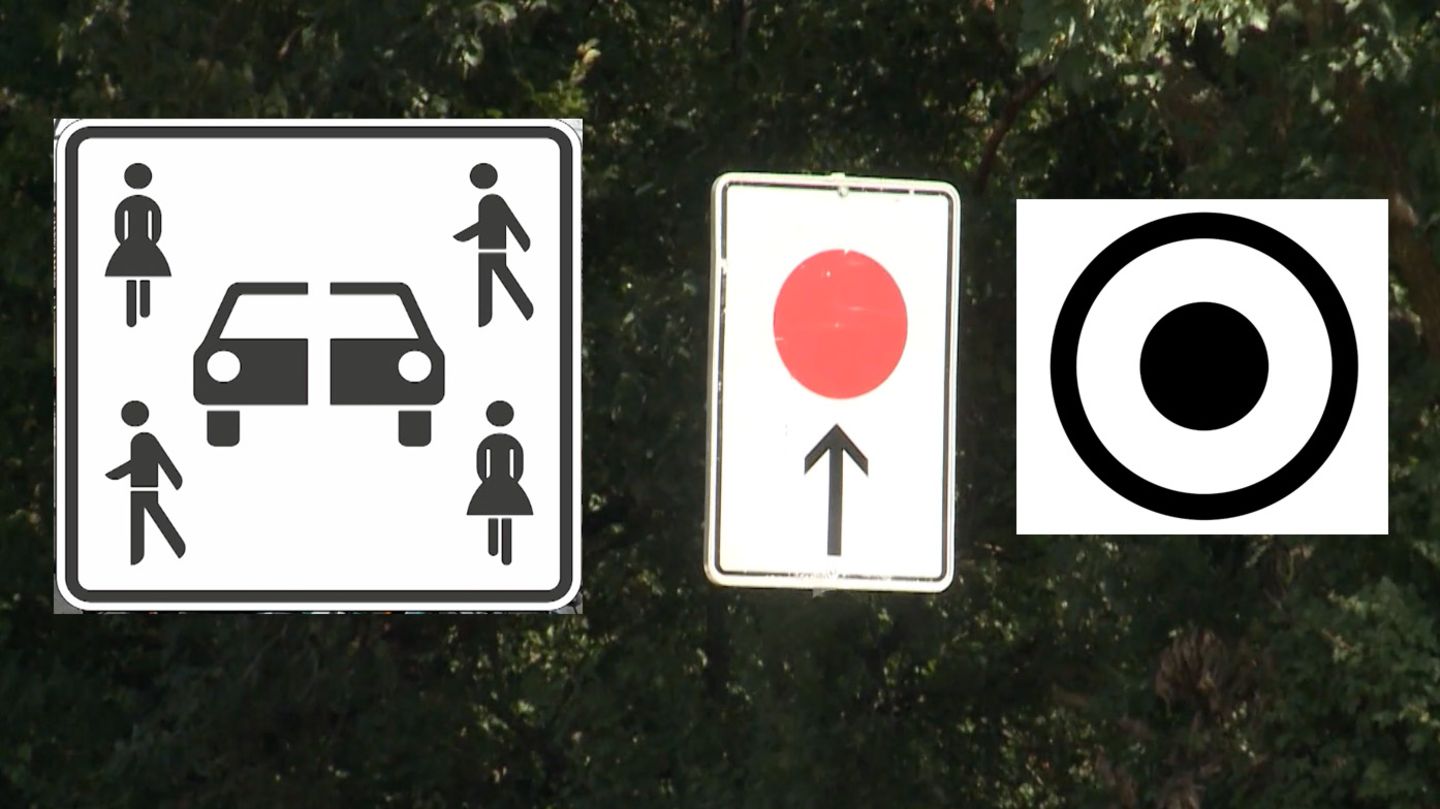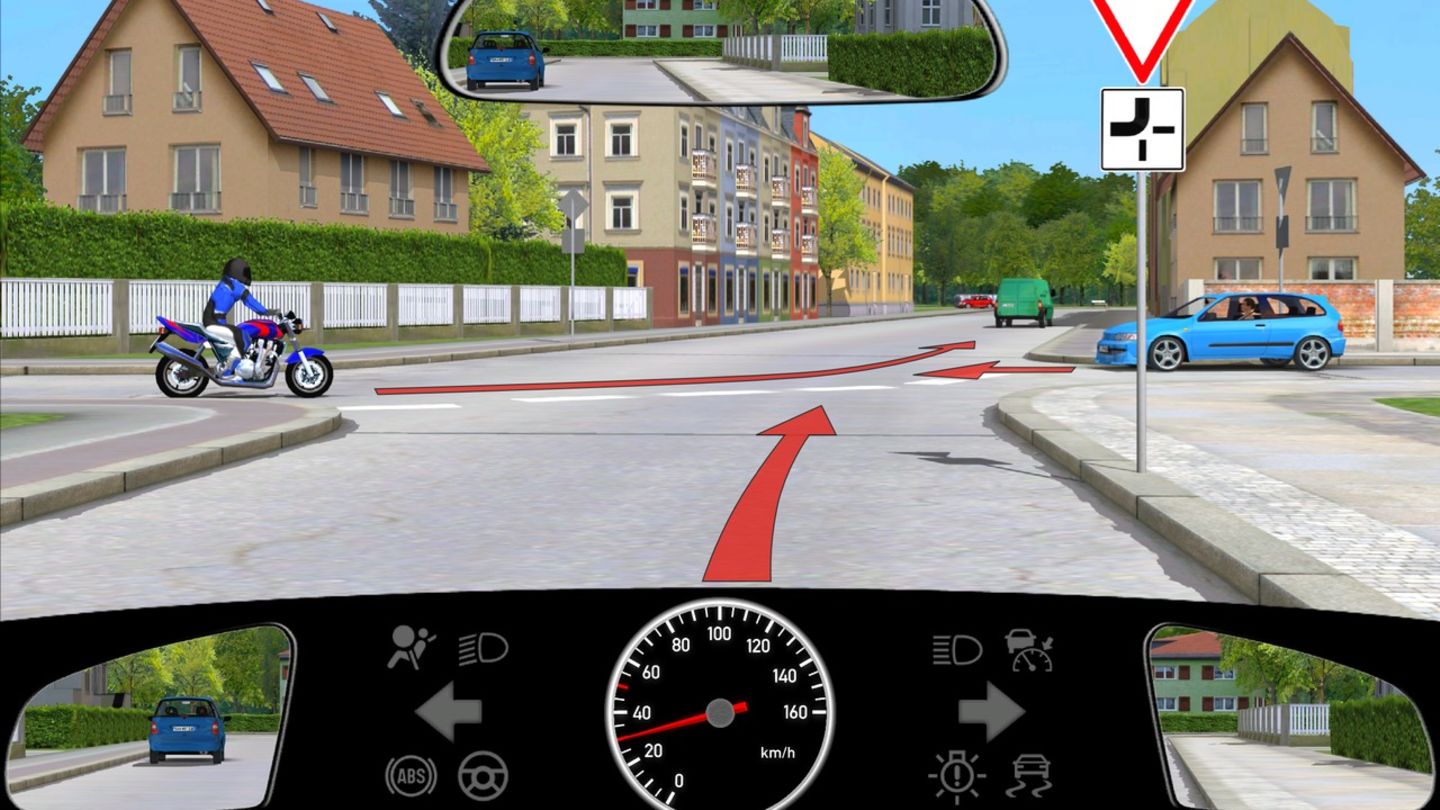Energy crisis, more refugees, help for citizens in need: From the point of view of the municipalities, the current crises can only be overcome with greater support from the federal and state governments.
In view of the impending blackouts, the German Association of Cities is calling for the federal, state and local governments to work better together in disaster control. The cities could not cope with a long-lasting failure of the energy supply alone, said the President of the municipal umbrella organization, Markus Lewe, on Wednesday in Hanover.
“When it comes to electricity, we have to prepare for blackouts – they can last a few minutes, but in bad cases they can also last several hours.” Cyber attacks or sabotage of critical infrastructure cannot be ruled out either, emphasized the CDU politician, who is also the mayor of Münster.
The cities’ civil protection needs, among other things, more staff for crisis teams and fire brigades, emergency power generators and a supply of fuel. Critical infrastructure such as hospitals and water supply must be maintained. “We can learn from the corona pandemic and strengthen crisis structures,” said Lewe, criticizing the fact that according to the draft budget, the federal government was cutting the budget for the nationwide siren program instead of increasing it. Cell phones shouldn’t be relied on for warning and alarm systems, he said.
Prevention without panic
However, the President of the Association of City Councils also emphasized the personal responsibility of the population: Citizens would have to rehearse what precautions they needed without reacting in panic.
In addition to the energy crisis, the two-day meeting of the municipal umbrella organization also included the accommodation of refugees and the housing benefit reform on the agenda. The Association of Cities again appealed to the federal and state governments to increase the capacities for the initial reception of refugees and to take the burdens of the individual cities into account when allocating those seeking protection.
The federal government must share its picture of the situation with the municipalities and inform all levels about refugee movements at an early stage, stressed the Mayor of Leipzig, Burkhard Jung (SPD), Vice President of the German Association of Cities. Germany should give Ukraine more support in rebuilding destroyed infrastructure, said Jung. This is helping the Ukrainian government in its efforts to enable people to flee to safe areas within their own country and to keep people in their homes.
Big Challenges
Hanover’s Lord Mayor Belit Onay also called for the state and federal government to play a more active role in taking in refugees. As a distribution point for northern Germany, Hanover has taken in almost 10,000 people as refugees, and 5,000 more people are expected in the next quarter. “40 percent of those who arrived were minors,” said Onay. This is a major challenge for day care centers and schools.
Lower Saxony’s Prime Minister Stephan Weil (SPD) was also a guest at the conference. The representatives of the municipalities asked Weil to exert his influence in the Federal Council in order to achieve improvements in housing benefits, said City Council President Lewe. “We are concerned that potential recipients will have to wait too long for this housing benefit.” The payments would have to be less bureaucratic, staff support from the federal government or new software would be necessary.
The housing benefit is a state subsidy for rent for households that do not receive social benefits but still have little money. From January, a larger number of households should be relieved in this way.
Source: Stern
David William is a talented author who has made a name for himself in the world of writing. He is a professional author who writes on a wide range of topics, from general interest to opinion news. David is currently working as a writer at 24 hours worlds where he brings his unique perspective and in-depth research to his articles, making them both informative and engaging.




